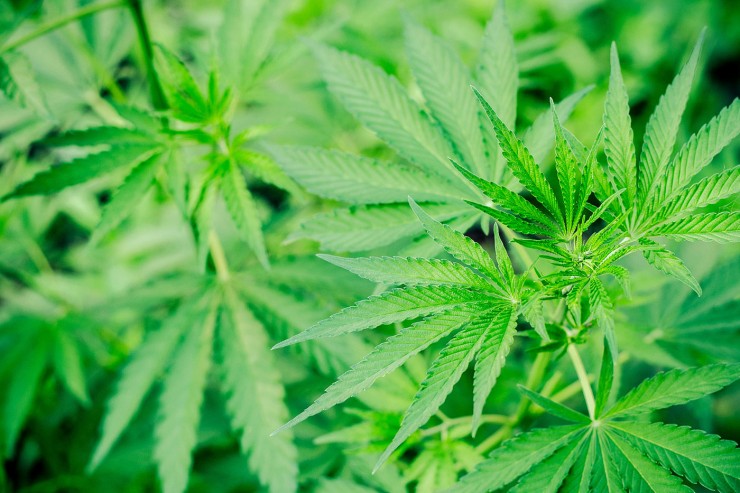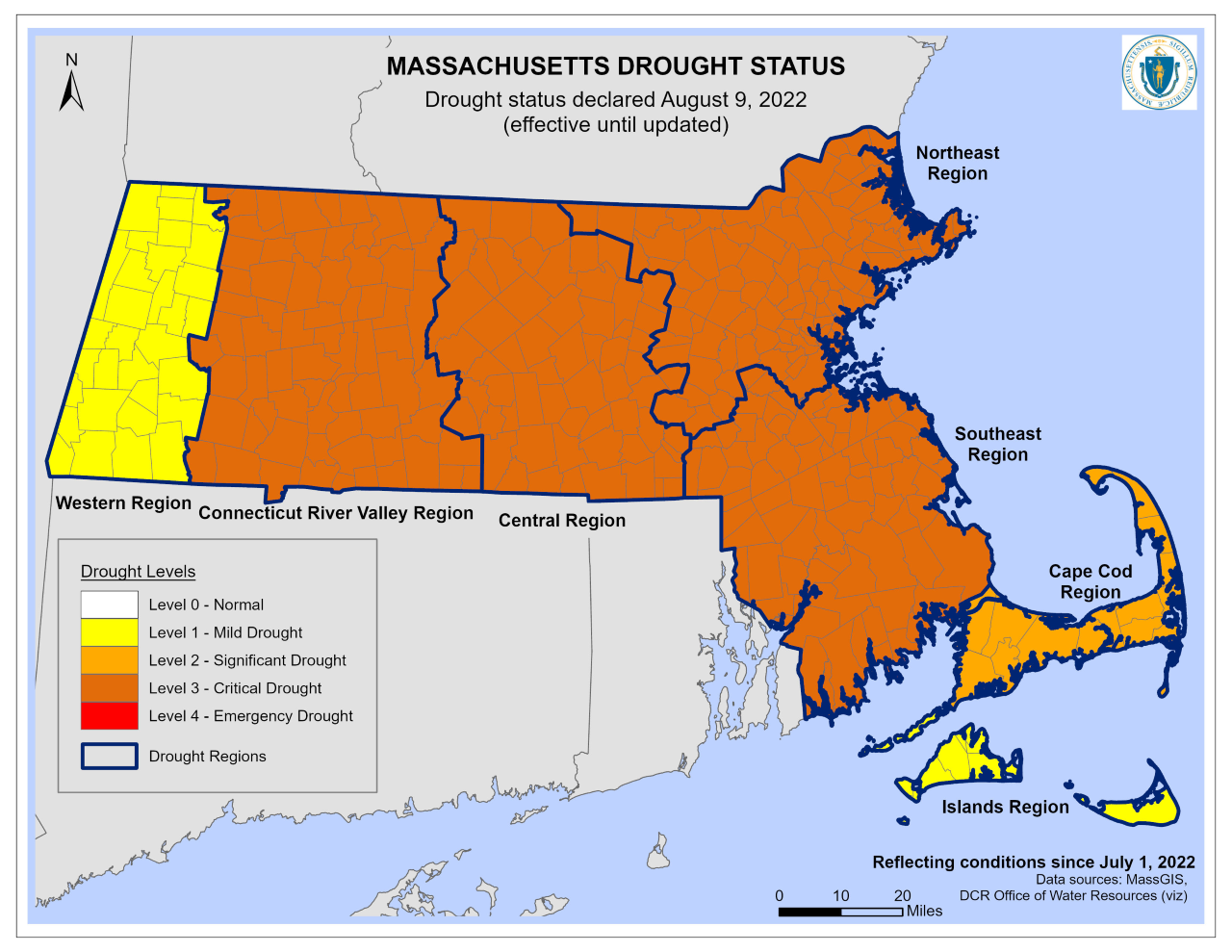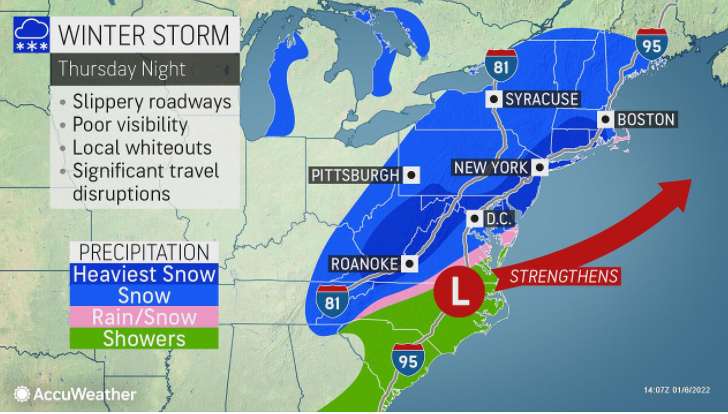Marijuana in Massachusetts, what happens now that it’s legal?

We asked associate professor Leo Beletsky, a drug policy expert who holds joint appointments in the School of Law and Bouvé College of Health Sciences, for his insight into what we can expect in the coming months and how President-elect Donald Trump’s administration could impact the implementation of the new law.
What are the next steps to bringing legalized marijuana to fruition on Dec. 15? And what can we expect in the months to follow?

Voters approved Question 4 by a substantial margin, despite considerable ambiguity in how the measure will be implemented. Under the provisions, resolving much of the ambiguity will be the job of the three-member Cannabis Control Commission, with input from a 15-member Cannabis Advisory Board. On Dec. 15 or shortly thereafter, we can expect that newly-formed regulatory structure to begin its work of determining the precise regulations and mechanisms by which marijuana products will be manufactured, sold, and taxed. So it will be some time, likely not until 2018, until we see any retail establishments popping up around the state.
The more immediate effects of the law will be the legal status of marijuana possession and individual cultivation. Anyone who is 21 years old or older can now possess considerable amounts of marijuana—up to 10 ounces in their primary residence—and cultivate up to six plants per person, or up to 12 in a home, subject to lease restrictions. Although personal possession of marijuana was decriminalized in 2008 and arrests for possession are already rare, the new law completely eliminates any fines or other penalties and substantially increases the quantities threshold.
What are some common misconceptions people have about this law?
In the lead up to Election Day, there were concerns about how this measure will shape the visibility, marketing, and potential exposure of children to marijuana. The reality is that the measure does not address any of these elements—they remain to be determined during the rule-making phase. Based on the experience of states that have already legalized recreational pot use, Massachusetts has an opportunity to avoid some of the pitfalls. For example, in response to increased pediatric emergency room visits, Colorado has changed the way it regulates packaging and dosing of edible products—something that impacts accidental ingestion by kids.
Another related concern was that there would be a sharp increase in the number of people smoking marijuana in public. This may or may not be the case because marijuana smoking is still prohibited anywhere cigarette smoking is banned, including parks, campuses, and playgrounds. Of course, the enforcement of cigarette smoking bans and public drinking is often spotty, while marijuana smoking is already pervasive in some public spaces. So it is unclear what impact the law will have in this space. The hope is that the cost-savings and increased tax revenue resulting from this reform will support more uniform and equitable enforcement of sensible public health safeguards.

Assistant professor Leo Beletsky. Photo by Brooks Canaday/Northeastern University
Some municipalities are trying to shut out marijuana shops from their towns. How would they go about doing that and will it work?
This law aims to regulate marijuana in the same ways alcohol is regulated in the Bay State. Local governments have the authority to determine zoning and other regulations governing alcohol sales and consumption in their communities; the same mechanisms will be relevant to marijuana. Some Massachusetts towns have chosen to ban liquor stores, and I suspect some will decide to do the same with retail marijuana establishments. As they do, they will forgo substantial sales tax revenue, which will no doubt make deliberations on this issue that much more contentious.
How could the Trump administration impact the implementation of this law?
During his campaign, President-elect Trump stated his support for states to determine their own marijuana policies. But the future direction of marijuana policy on the federal level is far from clear. Trump’s designee to head the Department of Justice, Jeff Sessions, is an outspoken critic of marijuana reform. If confirmed, Sessions would oversee about $2 billion worth of criminal justice resources, including the Drug Enforcement Agency.
In 2014, Congress passed a law barring the Department of Justice from using its funds to prevent states from implementing medical marijuana laws. But this provision says nothing about states’ recreational marijuana provisions. So, in absence of congressional action or directives from the president, the DOJ could effectively shut down the implementation of Massachusetts’ pot law before it even starts.
Editor’s note: Though Question 4 amended state law, marijuana is still illegal under federal law, and the use of marijuana remains a violation of the university’s code of student conduct as well as the policy on a drug-free workplace.
(This article is reproduced with permission from News at Northeastern.)





